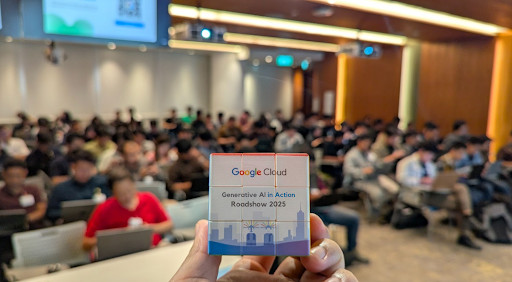Internet access has become such a necessary tool for participating in society that it has been declared a “human right” by the UN. Alas, it is a human right not granted to 60% of the world’s population.
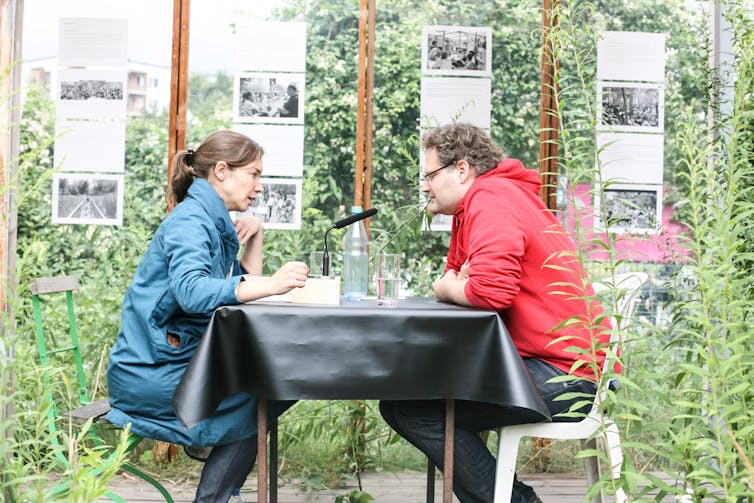
To bridge this gap, big corporations such as Facebook or Google portray themselves not only as service providers, but also as internet providers. Facebook, for example offers free internet access in disadvantaged areas of India, or at least access to a small part of the internet considered “basic” (including access to Facebook, of course).
From our partners:
At the same time, Facebook has the ambition to “connect the world”, to “understand intelligence and make intelligent machines”, and even to “cure all diseases in our children’s lifetime”.
The platform is making a new map of everyone in the world, while experimenting with the possibility of manipulating people’s feelings through the curation of their news feeds.
Towards an organic internet
In a previous article, I described community networks that provide alternative networking solutions to megaprojects such as Facebook’s free basics, offering internet access to refugees or communities outside the reach of traditional internet service providers.
These DIY networks could be seen as “organic”: they are created by local communities, reflect local culture, and the data they use can be generated and consumed in the same place.
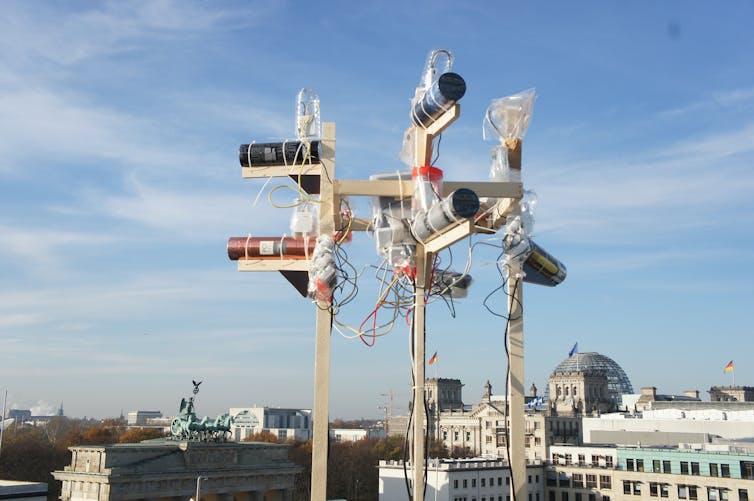
DIY networks can also bring people together, face-to-face, instead of keeping them online all the time.
Artists and activists have been experimenting with different types of networks, such as LibraryBox, an e-book sharing network, and the “Can you hear me?” installation of temporary antennas pointing to the US embassy in Berlin, broadcasting anonymous messages from nearby pedestrians.
Yet we need to explore the important reasons why such networks should also be promoted as infrastructure for hosting local services, built and used by local communities.
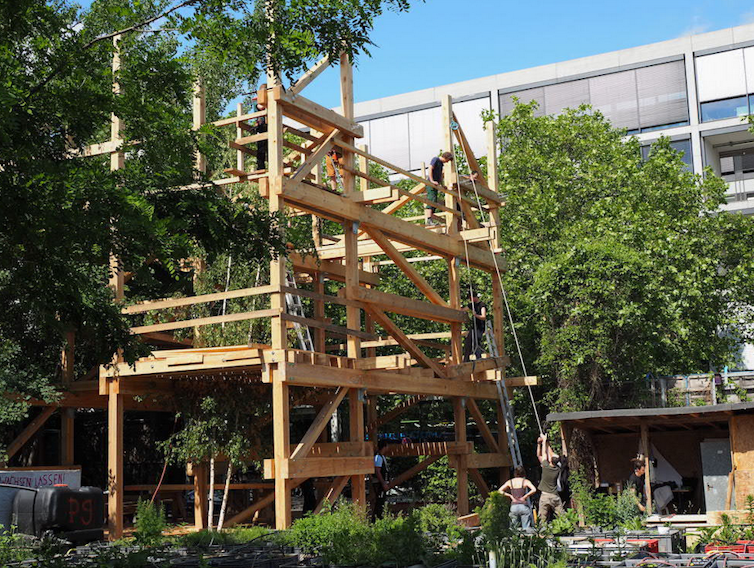
The Prinzessinnengarten in Berlin is a good example of a place where DIY networks are designed to operate “outside the internet”.
Activists from the Neighbourhood Academy have created a place inside the garden that aims to transfer the principles of organic and collaborative farming to the realm of networking.
The Neighbourhood Academy is a self-organised open platform for sharing knowledge, culture and activism. Its founders, Marco Clausen, Elizabeth Calderón Lüning, Åsa Sonjasdotter and the Foundation Anstiftung came up with the idea of a local wifi network accessible only inside the garden.
They collaborated with the Design Research Lab to build the “organic internet”, a local network attached to a physical construction, Die Laube (The Arbor), which hosts workshops, seminars and assemblies.
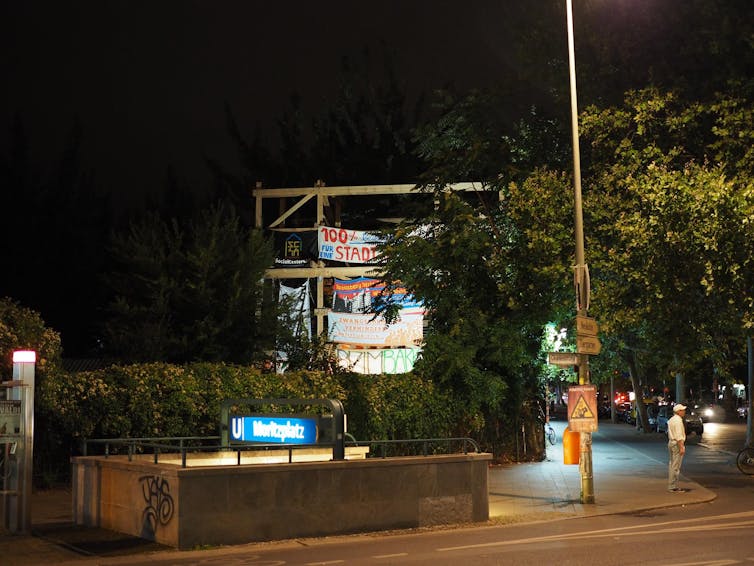
The founders wanted a way to record and share all the information exchanged during the gatherings of different activists, artists, architects and researchers from different fields and parts of the world who attended the academy. The local DIY networks make the productions available to those, and only those, physically present within the garden space, and the digital space becomes an integral part of the garden’s identity.
For the designers at UdK, who have been involved in the project, this pilot is an opportunity to build hybrid spaces, and turn them into toolkits that will make it easier for technology to be appropriated by others.
Alternatives to global social networks
DIY networking promotes physical proximity and inclusiveness. Tangibility and playfulness is another important aspect of the network: it is always there, hanging from a tree.
These projects also require local people to take care of them, build trust, and make collective decisions around functionality and use. A DIY network can be even turned off from time to time.
The projects are based on principles of replication, not growth: others can replicate the same idea in a different place by buying the cheap hardware (a Raspberry Pi, wireless router, external hard disk and battery) and using self-hosted software for local services. No investments in bigger servers are needed when more people join, and there are no uniform rules about design.
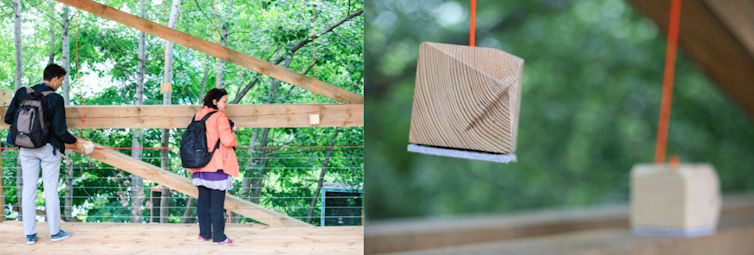
Defending the commons
Community networks such as Guifi.net, Freifunk.net, and Sarantaporo.gr are gaining more and more attention as the the “other way” to build connectivity, while local DIY networks like the one in Prinzessinnengarten appear as a valuable complement, rather than a replacement, to the normal internet for location-based interactions.
But the right to share and more generally the “right to commoning” faces significant political and legal threats. For example, in the case of network infrastructures, the EU Radio lockdown directive will make it difficult to use alternative software on internet-enabled devices. Civil liability legislations discourage the sharing of internet connectivity.
In light of these circumstances, the first European commons assembly met in November 2016, with more than 100 commons activists from 21 countries across Europe participating.
The goal of the assembly is to develop policy recommendations for collectively managing all forms of “commons”, from basic resources such as water and energy, to knowledge, and network infrastructure.
As mega-corporations like Facebook dominate our lives more and more, we should do all we can to protect the commons and connect with our local communities. DIY networking is just the start.![]()
Panayotis Antoniadis, Interdisciplinary researcher on hybrid space and peer-to-peer systems, Swiss Federal Institute of Technology Zurich
This article is republished from The Conversation under a Creative Commons license. Read the original article.
For enquiries, product placements, sponsorships, and collaborations, connect with us at [email protected]. We'd love to hear from you!
Our humans need coffee too! Your support is highly appreciated, thank you!


